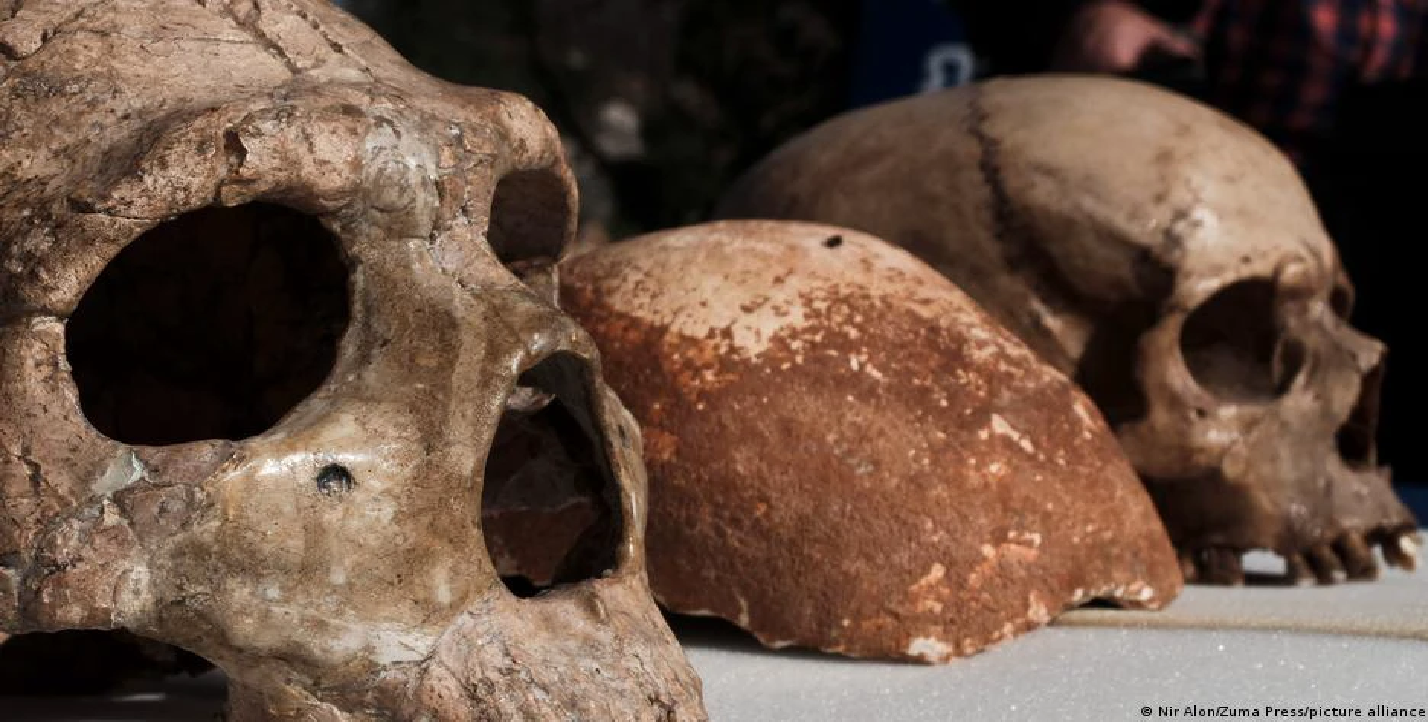
It’s getting colder and drier, food is scarce and almost everyone around you is dying. Your own survival hangs in the balance. If that feels far from reality, it couldn’t have been more real for your great-great-great… times 30,000…. grandparents.
A study published in the journal Science on August 31 says our ancestors, then living in Africa, were on the brink of extinction. There was a sudden reduction in the population, leaving only about 1,280 early humans. What caused the near full extinction is unclear, but it may well have been a form of climate change, similar to what we’re experiencing today. Most died, some survived, and then we came The fate of humanity was literally in the hands of a few, and all our history, our loved ones and everyone we know comes from those very few lucky survivors.
They managed to keep the population afloat for about 117,000 years, the study authors found. “The fact that we are here today, populating this planet with over 8 billion individuals, means that we managed to survive myriad unfavorable events thanks to our adaptive abilities and, why not, a touch of luck,” said Giorgio Manzi, professor of anthropology at Sapienza University of Rome. Manzi collaborated on the research. A bottleneck event is when a large number of living things get squeezed by a natural event — like the name suggests, much like the thin neck of a bottle — and then a lucky few come out of the opening and spread out again.
A gap in the human fossil record Science has taught us a lot about our origins, mostly through fossils. It’s generally accepted that about 700,000 to 500,000 years ago Neanderthals, Denisovans and an ancient version of us split from a common ancestor. That common ancestor may have been what scientists call, Homo heidelbergensis, and this new study appears to support that theory. But there’s a gap in the fossil records.
There’s very little fossil evidence from about 900,000 years ago, and that has puzzled scientists for decades. This new study, however, presents a possible reason for the fewer fossils. It could be that between 930,000 and 813,000 years ago around 98.5% of those early humans died out. If there were fewer individuals, it makes sense that fewer of them would have been fossilized — hence the reduction in fossil evidence.
Did a changing climate lead to their extinction? The researchers said their findings strongly correlate with a “dramatic” climate change event that occurred about 1 million years ago. The event, known as the Transition of the Lower and Middle Pleistocene, was a turning point for many living things. “Our discovery draws attention to how climate changes have influenced our evolution,” said Manzi, who also drew attention to how current human-caused climate change “could once again lead us to the brink of extinction.” It could have been a severe glaciation event, when ice spreads from the Earth’s poles, severe droughts and the loss of other species, such as those that our ancestors may have eaten.
Sound familiar? We’re seeing similar events today, the only difference being that the polar ice is melting, not spreading. Looking into our past through human genes The researchers analyzed the genome sequences of more than 3,000 modern humans, using a new statistical method called FitCoal. FitCoal looks back in time through genetic material to gain an understanding about previous populations.

